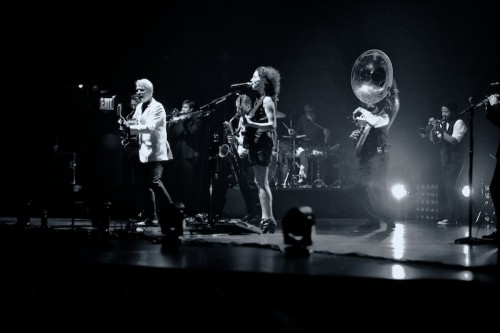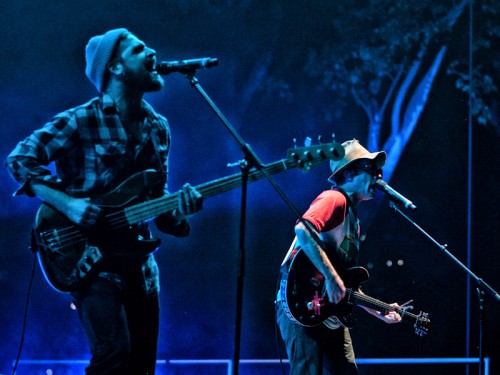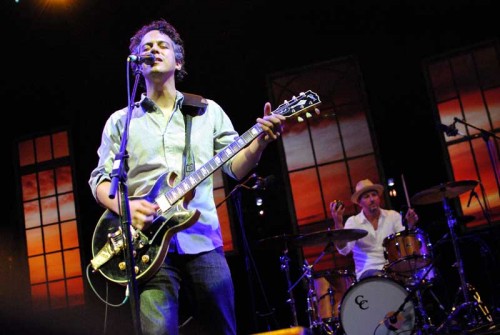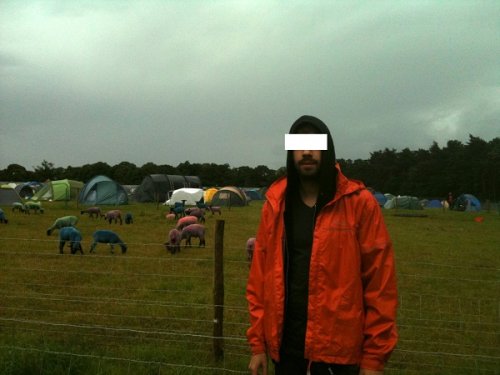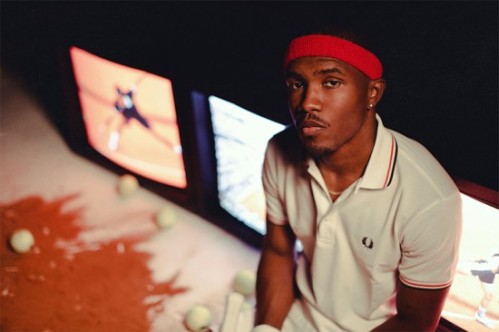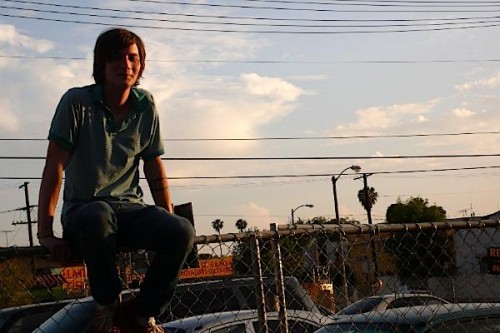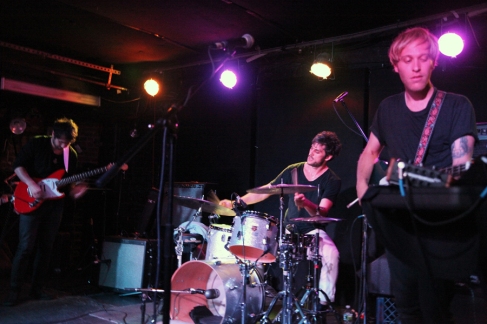(Editor’s Note: This piece appears on The Bowery Presents The House List. Check it out here)
Two years ago, David Byrne gave a lecture in Brooklyn titled “Creation in Reverse,” a warm-up for his presentation at TED Talks. His thesis boiled down to the claim that music is determined by context—that is, the venue where music will be played influences and shapes the songwriting process. At the time, as a member of the audience, I was skeptical. Byrne’s argument seemed to have a misguided premise that didn’t sit right with me. I understand music to come from emotional states, rather than careful analytical thought, and Byrne was saying the exact opposite.
Two years later, sitting in the three-tiered, high-ceilinged and ornate Beacon Theatre, it all came together. Byrne and his latest collaborator, Annie Clark, known by the stage name St. Vincent, played each other’s music as well as songs from their excellent new album, Love This Giant. The project features plenty of horns, which serves as a glue and counterpoint to their distinct styles. And in the sprawling theater, the two brought an eight-piece brass section, along with a drummer and keyboardist, which reflected a level of forethought I didn’t think possible: They made and executed the perfect performance for the space.
Every detail of the show seemed planned for a maximal audience experience. Byrne, Clark and their band dressed in slightly varied arrangements of formal black-and-white clothing. They moved together and separately in choreographed patterns. It was visually striking in addition to being sonically engaging. But the greatest pleasure was definitely the sound—towering vocals with Byrne’s signature falsetto and phrasing complemented by Clark’s airy harmonies, her glitchy, menacing guitar solos and huge swells of orchestral horns.
Byrne’s Talking Heads classic “This Must Be the Place (Naive Melody)” had all the charm and original sweetness of the original but with bounciness from the new arrangement. Clark’s recent singles “Cruel” and “Cheerleader” retained their off kilter yet melodic power, but with a largess befitting the night and space: Because this space and this night were special. Although the band could have easily stopped after playing “Burning Down the House” for the first encore, they came back and finished with “Road to Nowhere.” It was emotional to hear the song in the context of the night, capping off such a monumental performance. They finished and took a final bow. Those in the crowd, who had been on their feet since the first encore, roared with applause. It was over, and we knew it. But to finish, they walked out playing a little reappraisal. The band played on.
